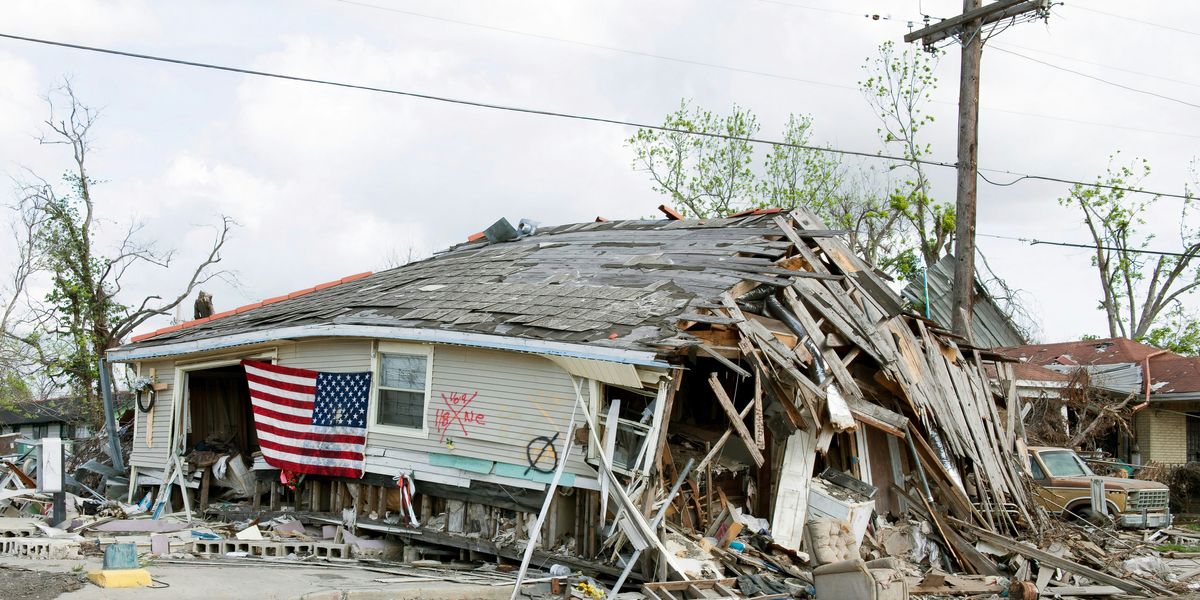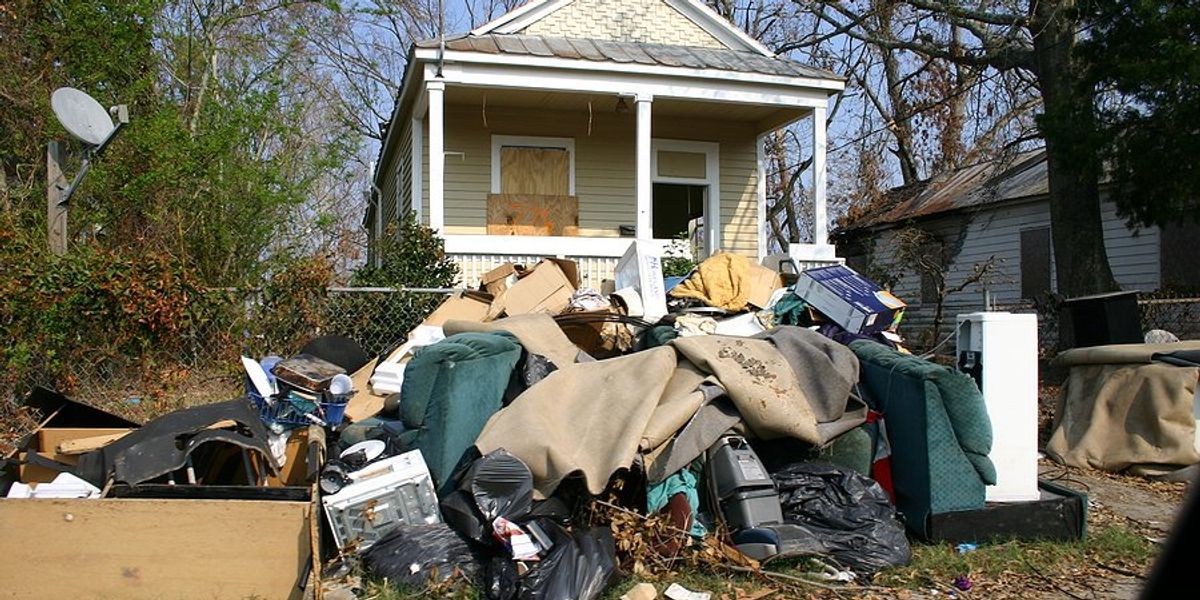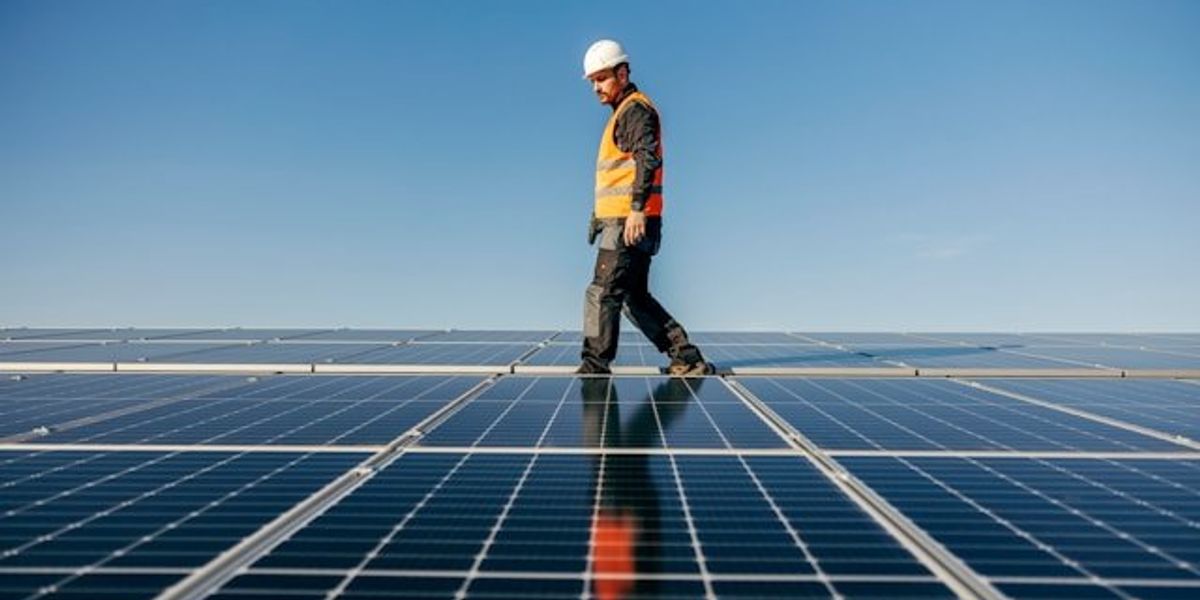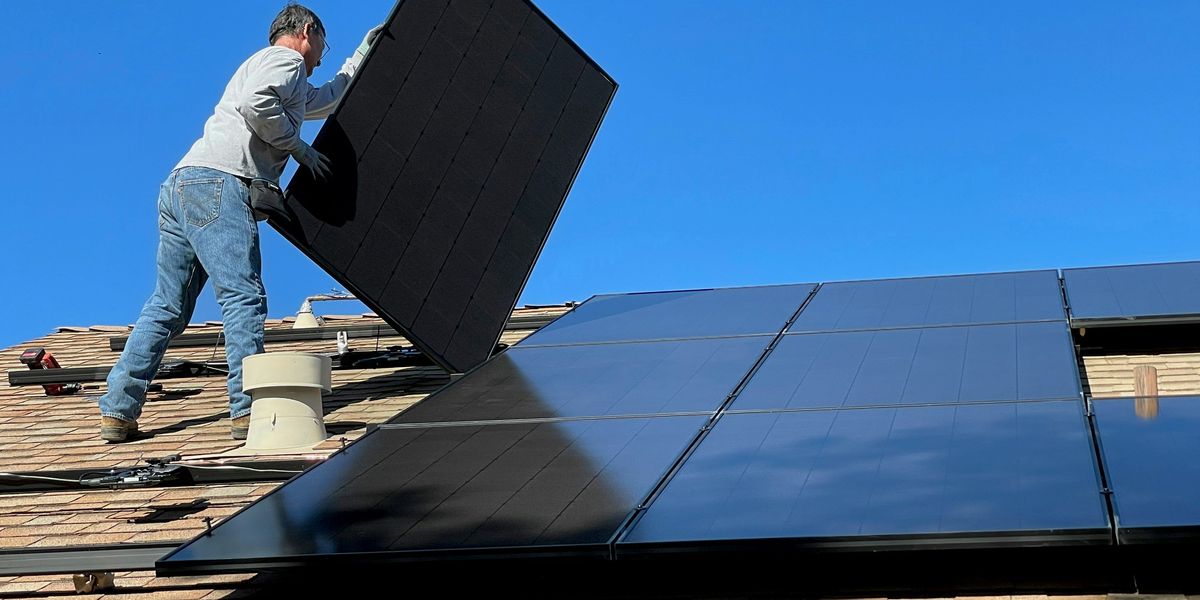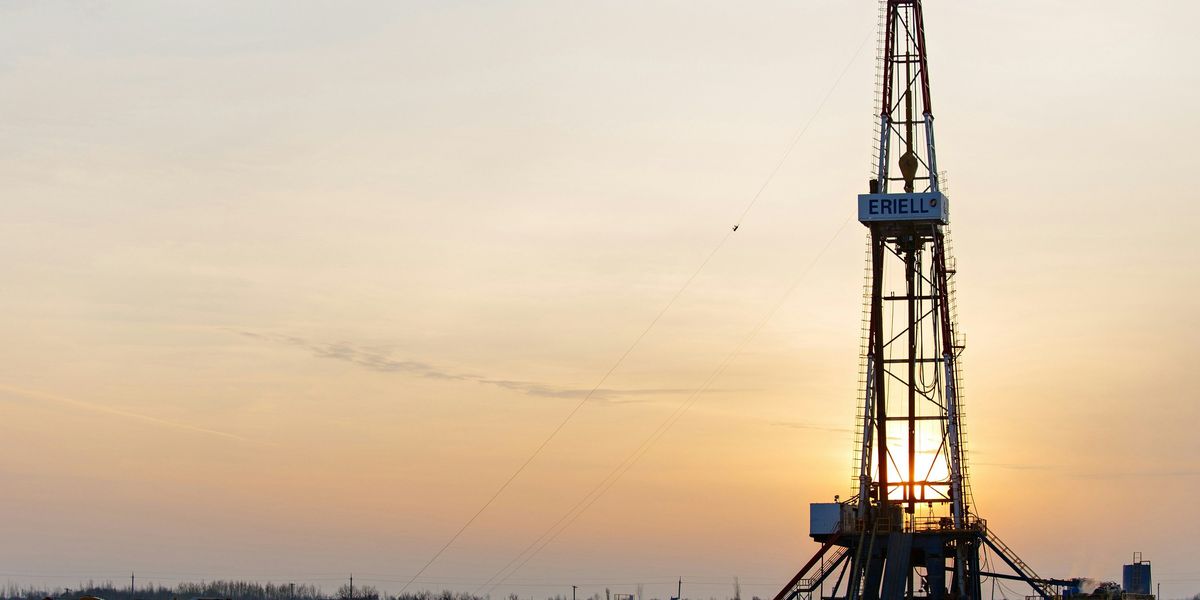
Trump administration moves to speed up fossil fuel projects with emergency permits
The U.S. Army Corps of Engineers has introduced a new category of “emergency” permits to fast-track fossil fuel projects, potentially limiting environmental reviews and public input.
Lisa Friedman reports for The New York Times.
In short:
- The Army Corps is expediting approval for pipelines, mines and power plants, citing an energy emergency declared by President Trump.
- The move could bypass the National Environmental Policy Act, which requires environmental impact assessments before major projects begin.
- Projects benefiting from this fast-tracking include the controversial Line 5 pipeline in Michigan and a deepwater crude export terminal off Texas and Louisiana.
Key quote:
“This end run around the normal environmental review process is not only harmful for our waters, but is illegal under the Corps’ own emergency permitting regulations.”
— David Bookbinder, Environmental Integrity Project
Why this matters:
The Line 5 pipeline, which snakes beneath the Great Lakes, has long been a source of contention. Aging infrastructure and the potential for leaks or explosions have heightened concerns, particularly given the waterway’s role as a drinking source for millions. A similar controversy is playing out in Louisiana, where a proposed oil export terminal could disrupt wetlands that serve as natural storm barriers and vital habitats for wildlife.
Critics argue that bypassing public scrutiny could have long-term consequences for clean water, air quality and climate change efforts. At a time when world leaders are grappling with how to curb fossil fuel reliance, allowing projects to move forward without rigorous review raises questions about whether emergency measures are simply being used to justify business-as-usual development.
Related: Fossil fuels and petrochemicals may be making us sicker, research says

